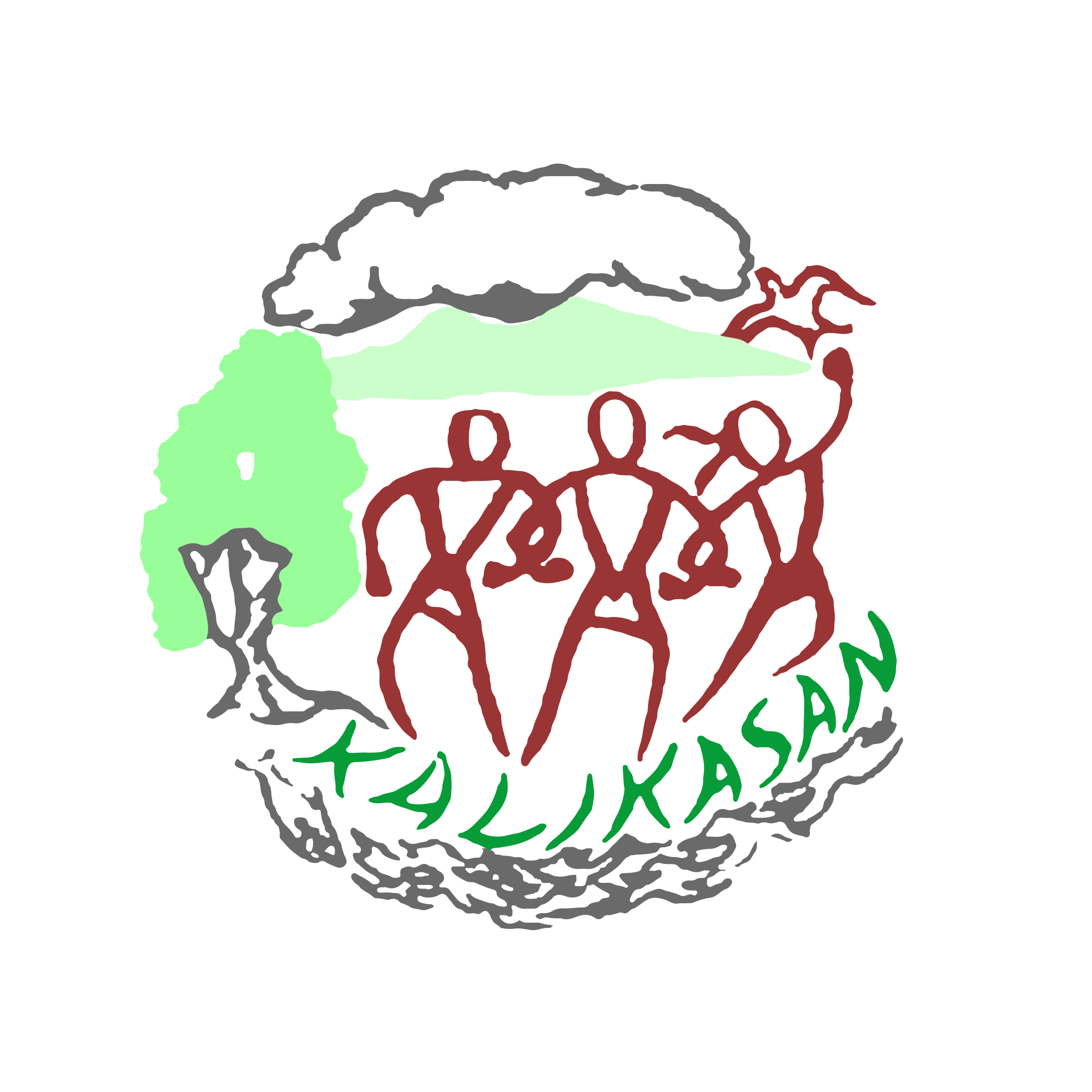PRESS RELEASE
24 July 2018
At least 48 cases of environment-related killings in 2017 has made the Philippines the second deadliest country in the world for environmental defenders—and Asia’s deadliest since 2013. This was revealed in the report entitled ‘At what cost?’ released today by London-based international non-government organization Global Witness.
“The Philippines has been in the world’s top three deadliest hotspots for environmental defenders for five years running. The Duterte government’s crackdown on critics and dissenters and declaration of Martial Law in resource-rich Mindanao has driven the killings to unprecedented heights by up to 70 percent,” said Leon Dulce, national coordinator of the Kalikasan People’s Network for the Environment (Kalikasan PNE), one of the domestic partner organizations of Global Witness.
Some highlights of the report are as follows:
-
Global Witness annual figures show at least 207 land and environmental activists were killed in 2017 across 22 countries, almost 4 a week, making 2017 the worst year on record.
-
The report shows a huge rise in killings linked to consumer products. Brutal attacks on those defending their land from destructive agribusinesses – such as land grabs for palm oil, used in household goods like soap, and coffee – are on the rise. For the first time, agribusiness was the bloodiest industry in the world, with at least 46 murders linked to the sector.
-
Global Witness linked government security forces to 53 of last year’s murders, and non-state actors, like criminal gangs, to 90.
-
It critically urges government and business to take action to end the attacks and support defenders, with campaigners such as Yuri Herrera, Margaret Atwood, Lily Cole, George Monbiot and Ben Fogle speaking out against the killings.
“In the Philippines, 53 percent of the environment-related killings we monitored involved indigenous and peasant activists opposing large-scale plantations owned by Lapanday, Dole, and Sumifru. Military or paramilitary troops militarizing corridors of resistance against big plantations and mines are suspects in 56 percent of the recorded killings,” Dulce explained.
“The single biggest incident involving the massacre of eight indigenous Lumads by military troops in Lake Sebu, South Cotabato are situated in a land dispute against the coffee plantation of Silvicultural Industries affiliated to the Consunji big business moguls. Their ancestral lands are also subject to land grabs by coal mining interests of San Miguel Energy,” Dulce furthered.
The Global Witness report recommended to the Philippine government to strengthen institutions for the protection of indigenous and land rights, including strengthening the mandate and accountability of the inter-agency task force on indigenous peoples.
It also recommended the prosecution of all military personnel and armed groups known or suspected of perpetrating extrajudicial killings on behalf of state or private interests in civilian tribunals. Lastly, Global Witness urged the Philippine Congress to pass and implement a law for the recognition and protection of human rights defenders, incorporating civil society input.
“Duterte’s continuing fiery rhetoric on environmental protection continues to be belied by his iron hand against environmental defenders. We recall how Duterte said on different occasions that he will bomb the schools and villages of indigenous Lumad and that he will choose himself which investments he will bring into their lands,” said Dulce.
“Duterte must be held accountable over the killings and various other human rights violations systematically directed at environmental defenders. This bloody regime of impunity perpetuated by Duterte must be put to an end,” ended Dulce.#
